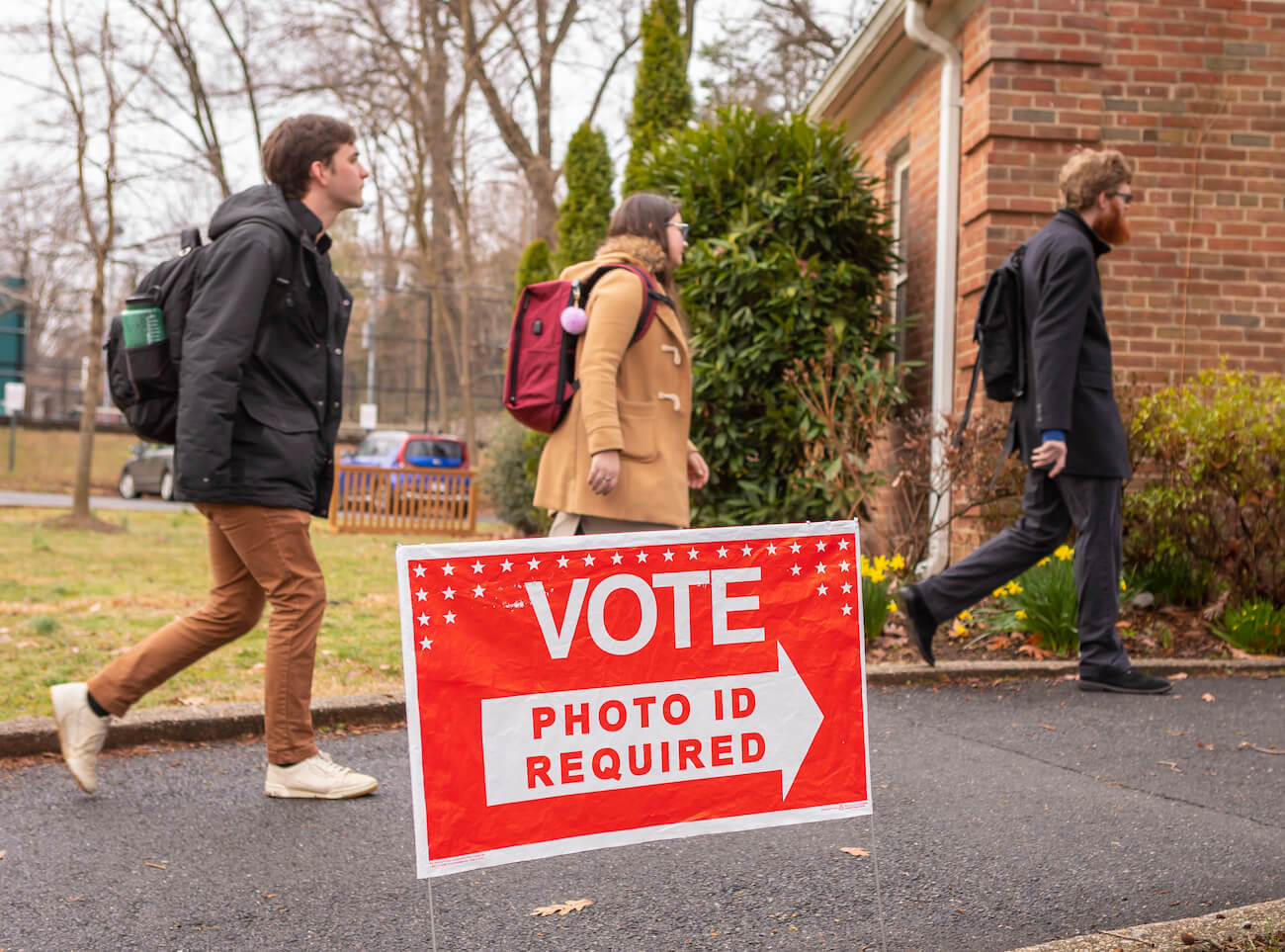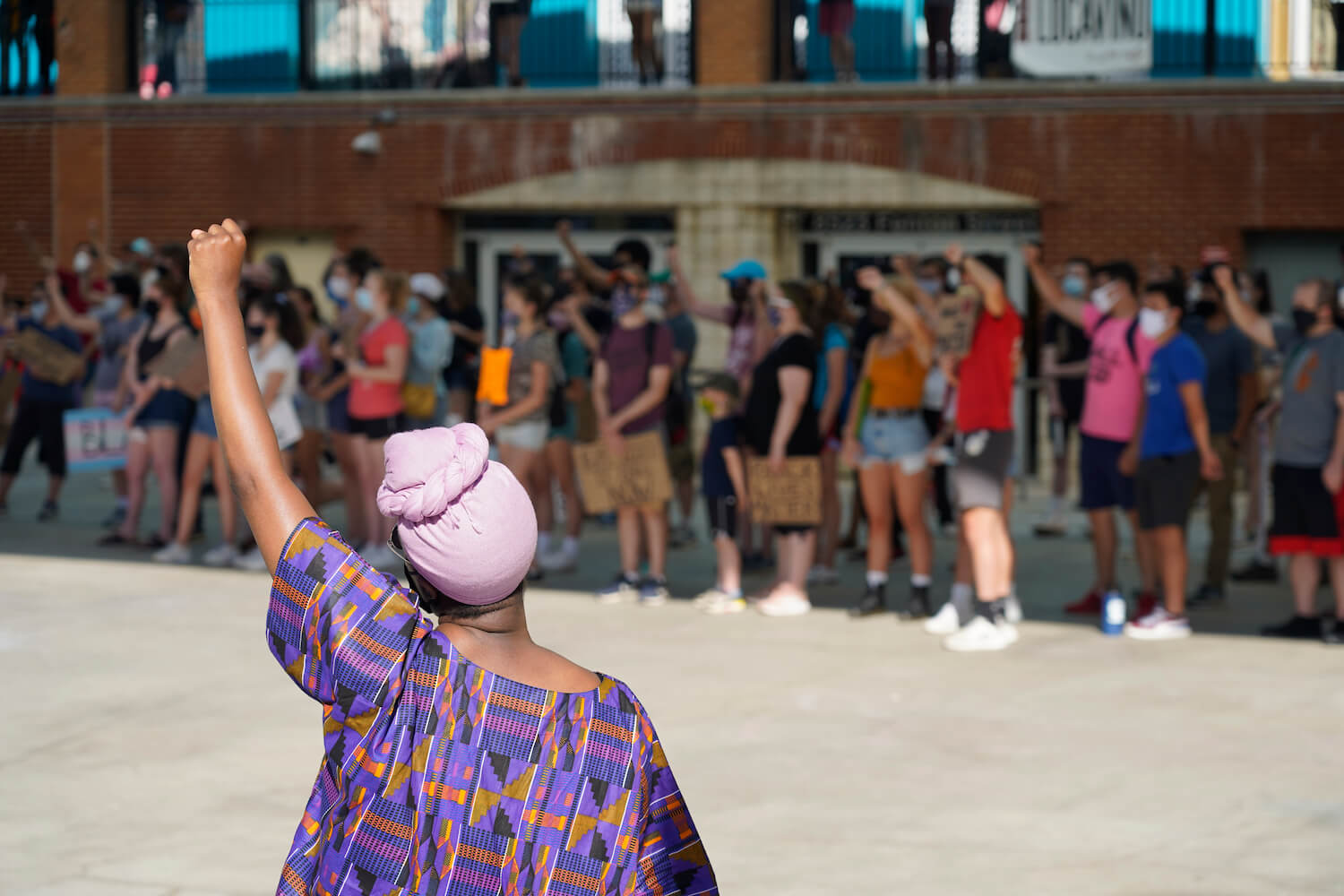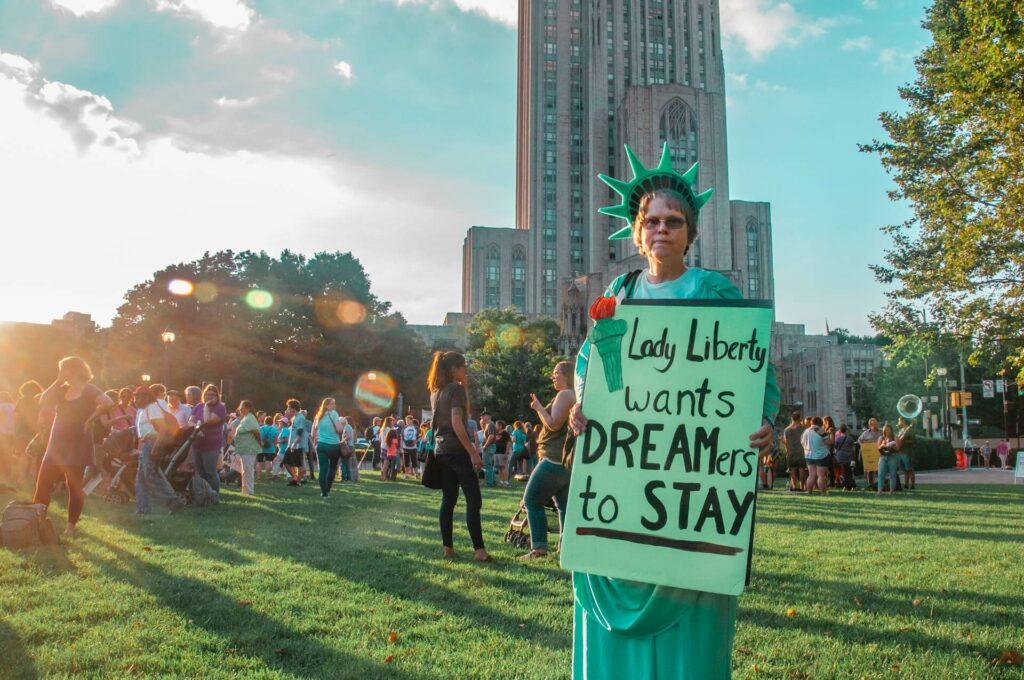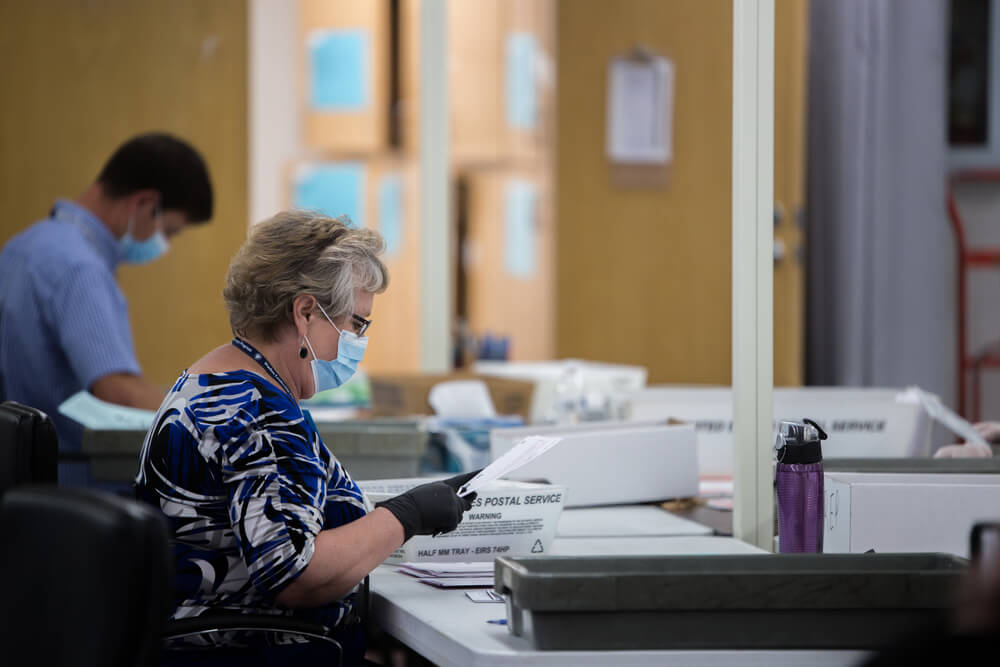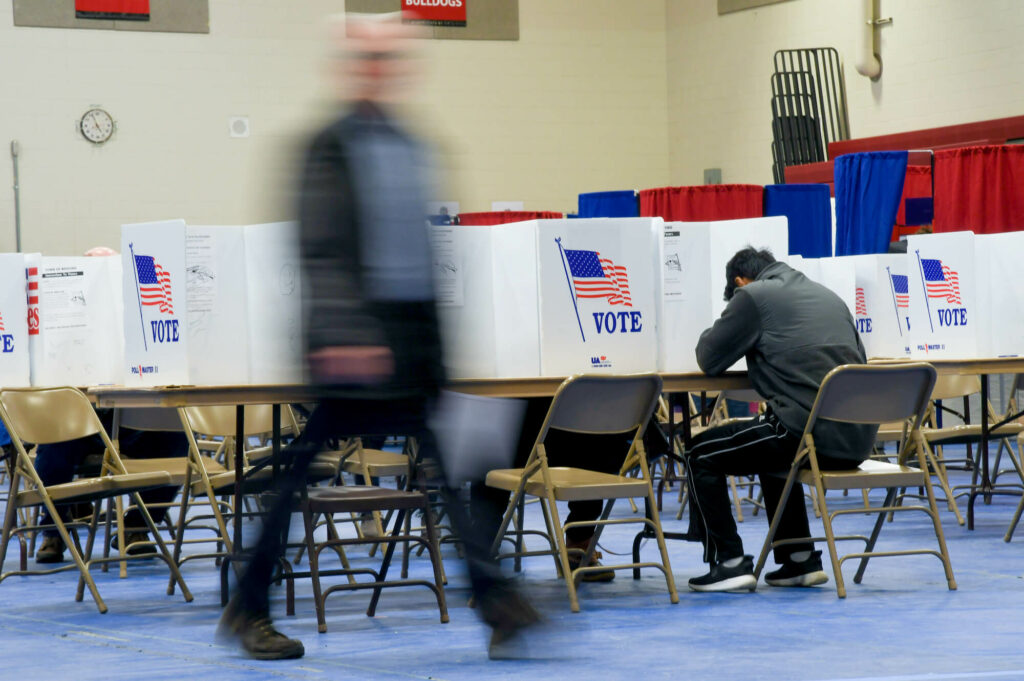As we look back at 2016 legislative activity in statehouses across the country, and as partisan gridlock in Washington keeps Congress at a standstill, it’s clear the most important policy fights have shifted to the states. This year, progressives and conservatives continued to battle at the state level over laws that will impact our lives and our communities for years to come – and the contrast could not be clearer.
SiX’s 2016 End-of-Session Report examines some of the best – and worst – state policies from this year’s legislative sessions. It underscores the consequences of conservatives possessing disproportionate power in the states, where the corporate-backed right has quietly invested its resources for years and has the numbers to show for it:
- Conservatives control nearly 70 percent of state legislative chambers nationwide.
- Conservatives have full legislative control in 23 states, versus only seven for progressives.
- Republicans hold 31 governorships, compared to 18 Democrats and one independent.
- In the last eight years, progressives have lost 11 governorships, 910 legislative seats, and majorities in 30 state legislative chambers.
With this pervasive control at the state level, in 2016, conservative legislators continued their full-scale assault on America’s middle class, combined with efforts to roll back progress on everything from criminal justice reform and voting rights to LGBTQ equality and women’s health. At the same time – and as our report details – progressive legislators fought back with bills aimed at ensuring equal pay for women, expanding paid sick leave, increasing the minimum wage, investing in clean energy, and modernizing our election systems.
While it is by no means exhaustive, this report aggregates legislative activity from all 50 states across nine key issue areas. Core highlights can be found below.
Economic Issues
Progressive Vision: In 2016, progressives fought for a more secure middle class – increasing the minimum wage and state earned income tax credits (EITCs) and passing anti-wage theft legislation. Minimum wage increases became law in California (SB 3) and Oregon (SB 1532). In New York, the governor signed legislation that included a raise to the minimum wage on a gradual basis. And Illinois legislators passed a bill (SB 2931) that would raise the wage of home healthcare workers to $15.
Conservative Agenda: Conservatives continued their attack on working families, with laws making it easier for corporations to lay off workers and keep wages low – all while pushing for even bigger tax breaks for the wealthy few. Legislators in Mississippi, for example, pushed through a bill (SB 2858) cutting income taxes for corporations. At a cost of $575 million, these giveaways further squeeze education funding, when Mississippi has already drastically slashed funding for K-12 schools and higher education. In Kansas, Gov. Sam Brownback and conservative legislators responded to the state’s increasingly high levels of families and children in poverty with a law (H Sub for SB 402) that shortens the time limit for Temporary Assistance for Needy Families (TANF) for the third time in five years. In addition to hurting those who need this assistance most, it does virtually nothing to ease the state’s massive budget deficit, which is the result of unsupportable tax cuts enacted in 2012 and 2013.
Earned Sick Days and Paid Family and Medical Leave
Progressive Vision: In 2016, New York became the fourth state with a paid family and medical leave law (SB 6406C – see Page 90, Part SS) on the books. It provides up to 12 weeks of paid leave – double the six weeks allowed in California and New Jersey and triple the four weeks allowed in Rhode Island. Vermont became the fifth state to codify paid sick days into law, joining California, Connecticut, Massachusetts, and Oregon.
Conservative Agenda: Legislation providing earned sick days was defeated by conservatives in 19 states.
Equal Pay
Progressive Vision: In 2016, progressives in 29 states introduced bills to close the gender pay gap. Four saw equal pay bills actually signed into law: Delaware (HB 314), Maryland (SB 481/HB 1003), Nebraska (LB 83), and Utah (SB 185). Additionally, comprehensive pay equity legislation (SB 2107) is still active in Massachusetts.
Conservative Agenda: Conservatives blocked the majority of equal pay bills introduced this year. Notably, in New Jersey, legislation (SB 992/A2750) passed both chambers with progressive support, but it was vetoed by Gov. Chris Christie. And in Oklahoma, legislators made unprecedented progress in advancing an equal pay bill (HB 2929), but it was ultimately denied a final vote before the session ended.
Voting and Elections
Progressive Vision: Vermont (HB 458) and West Virginia (HB 4013) became the third and fourth states to enact automatic voter registration (AVR), which eliminates major barriers to voting. As of the release of this report, AVR legislation in Illinois (SB 250) had passed both chambers, and a ballot initiative in Alaska had secured enough support to be decided by voters in November. If both were to become law, nearly one-fifth of the country’s population would live in states where voter registration was automatic.
Conservative Agenda: In 2016, conservatives proposed, passed, or carried over at least 70 restrictive voting laws in 28 states – which included pushing new photo ID requirements, cutting back on early voting, and trying to eliminate same-day registration.
Reproductive Rights
Progressive Vision: In 2016, progressives continued to push for expanded birth control coverage and increased access to contraception. Legislators in Colorado restored funding to a program that provides access to long-acting reversible contraceptives (LARCs) for low-income and uninsured women; this program reduced teen pregnancy and abortions by 48% between 2009 and 2014. In Vermont, the governor signed a bill (HB 620) that substantially expands access to birth control by requiring that health insurance plans provide contraception at no cost, in addition to increasing LARC coverage. Under legislation (SB 848/HB 1005) signed into law in Maryland, insurers are now required to cover contraception to the same extent that they cover other medication. And in Hawaii, a new law (SB 2319) requires insurers to cover 12 months of contraception rather than monthly or periodic coverage.
Conservative Agenda: As part of an ongoing assault on reproductive rights at the state level, conservatives tried to pass hundreds of restrictions this year that would eliminate access to safe and legal abortions and threaten women’s health. The last five years alone account for a quarter of all abortion restrictions enacted since Roe v. Wade.
Education
Progressive Vision: In addition to taking a new and holistic approach to education – one that recognizes the importance of communities as stakeholders and puts local educators and parents at the heart of the decision-making process – progressive legislators fought throughout 2016 to reduce the burden of student loan debt. This effort included bills advancing in Maryland (HB 1079), Rhode Island (SB 2453), and Michigan (HB 5583, HB 5584, HB 5585).
Conservative Agenda: Conservatives slashed K-12 and higher education budgets in Illinois, Kentucky, Arizona, Tennessee, Mississippi, Wyoming, and Kansas, among other states. They also expanded the scope and funding of charter, voucher, and other school privatization strategies in ten states: Mississippi, Georgia, Florida, Oklahoma, South Carolina, Washington, Massachusetts, Wisconsin, Tennessee, and Arizona.
Climate Change
Progressive Vision: In addition to 20 states moving forward with clean energy policies that will meet the target carbon pollution reduction goals set in the U.S. Environmental Protection Agency’s Clean Power Plan, progressive legislators are advancing bills to expand the use of renewable energy. In Maryland, the governor signed legislation (SB 323) that expanded greenhouse gas reduction goals in the state.
Conservative Agenda: Conservative legislators – backed by the oil, gas, and fossil fuel industries – have been passing legislation to block or delay implementation of the Clean Power Plan (CPP) in states like Arizona, Ohio, South Dakota, West Virginia, and Wyoming. Conservatives are also working in the states to repeal or weaken renewable portfolio standards and to attach fees to net metering.
Other Issue Highlights
Conservative Preemption of Local Control: A dangerous trend in the states this year was the issue of preempting local control, as conservatives in state capitols went to great lengths to block localities from making their own policy decisions. This hypocritical effort is in direct opposition to the supposed conservative principles of local control and resistance to so-called “big government.” Conservatives have successfully preempted local laws on issues like wages and benefits – in Alabama, for example, the governor signed a bill (HB 174) that preempts all local laws dealing with collective bargaining, increasing wages, and allowing for leave or other employment benefits. Idaho approved a law (HB 463) banning localities from increasing wages, while Arizona legislators passed two separate bills stifling local control of benefits (HB 2579) and work schedules (HB 2191). Arizona conservatives even took the additional step of pushing through legislation (SB 1487) that strips localities of state-shared revenue for not complying.
LGBTQ Equality: Even though the U.S. Supreme Court’s ruling in June 2015 extended marriage equality to all 50 states, fully inclusive non-discrimination protections for LGBTQ people still do not exist in the majority of these states. This year, progressive legislators fought to close that gap and prevent continued discrimination against the LGBTQ community – introducing more than 60 pro-equality bills in more than 20 states. Meanwhile, conservative legislators introduced more than 150 anti-LGBTQ bills in more than 30 states. Perhaps the most controversial example was North Carolina’s anti-transgender “bathroom law” (HB 2), which has sparked nationwide outcry.
Immigration: In 2016, progressive legislators in several states across the country worked to advance bills aimed at protecting immigrant residents, keeping families united, and expanding access to government services, education, and job opportunities. Conservatives, on the other hand, introduced dozens of anti-refugee bills in states like South Carolina (SB 997), Tennessee (SJR 467), and Arizona (HB 2370). They also pushed legislation in more than 20 states attacking so-called “sanctuary cities,” which aim to protect the rights of all of their residents and keep families from being torn apart. These bills would force local law enforcement to cooperate with federal immigration agencies, while also encouraging racial profiling and further alienating immigrant communities from local law enforcement and government agencies.













